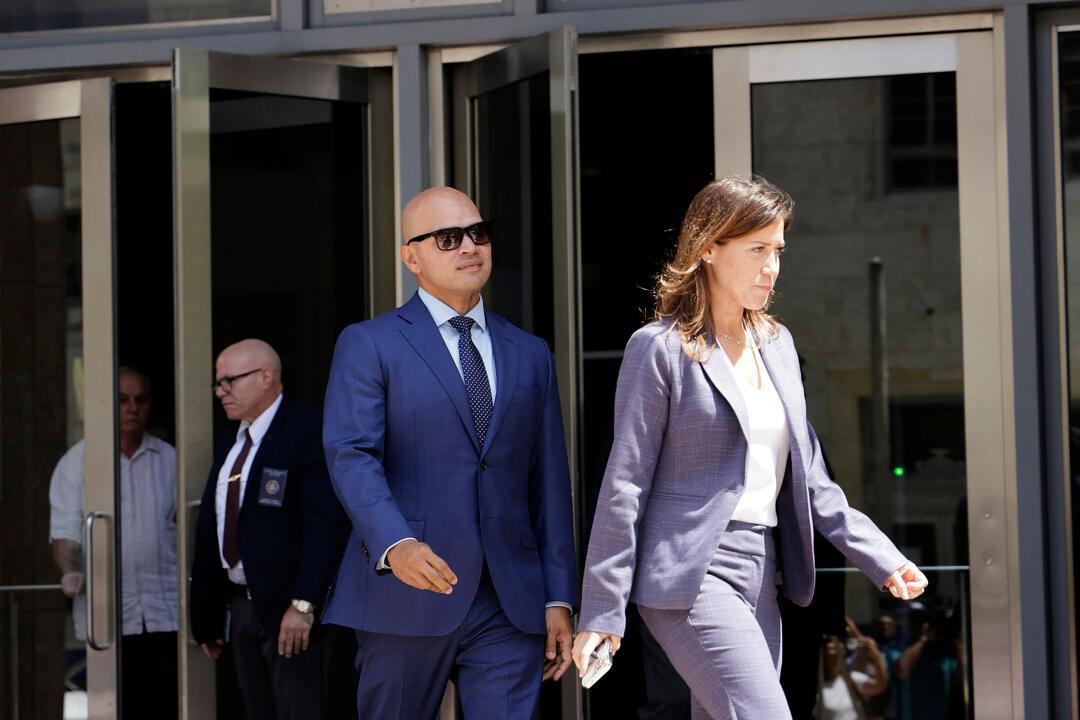Waltine Nauta’s interview with the grand jury in Washington that recommended charges against former President Donald Trump was made public on April 26, as part of U.S. District Court Judge Aileen Cannon’s recent series of orders regarding what information may be made public in the case against the former president.
Judge Cannon is presiding over a historic case alleging President Trump mishandled classified documents after leaving office, with charges against his aide and Mar-a-Lago property manager as co-conspirators.





